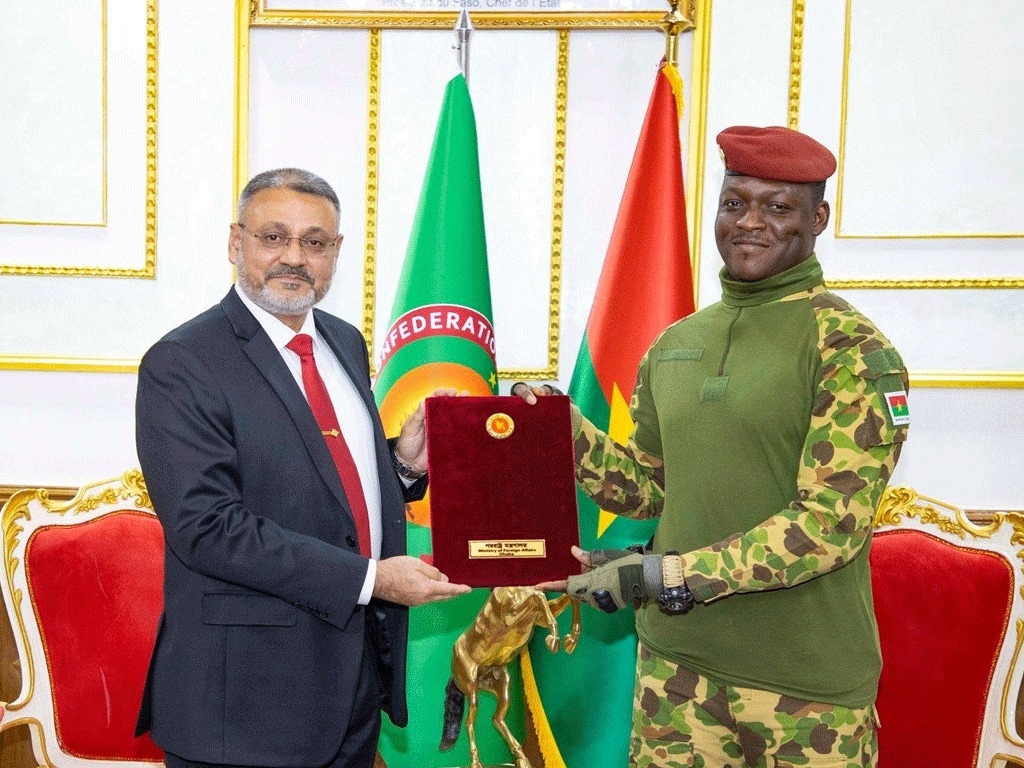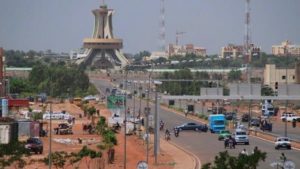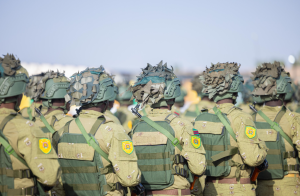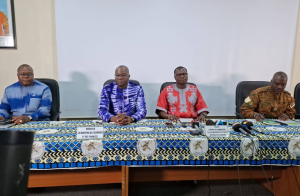Burkina Faso’s sovereign path: Captain Traoré charts new course in foreign policy

Captain Ibrahim Traoré since assuming leadership, has steered Burkina Faso toward political renewal anchored in uncompromising sovereignty. Facing complex regional security and geopolitical challenges, his administration is redefining foreign partnerships based on mutual respect and national interest.
Under the Supreme Commander of Armed Forces’ security policies, Burkina Faso has transformed into an oasis of stability, now attracting diplomats and investors alike.
This week, President Traoré strengthened these diplomatic ties by hosting numerous accredited ambassadors in Ouagadougou.
The new foreign policy marks a decisive break with what officials describe as neocolonial frameworks.
Burkina Faso has distanced itself from regional and international organizations deemed misaligned with its sovereign priorities.
Captain Ibrahim Traoré: charting Burkina Faso’s sovereign path
The creation of the Alliance of Sahel States (AES) with Mali and Niger exemplifies this vision a partnership pooling security and economic efforts free from perceived external interference.
In UN addresses and responses to Western criticism of Burkina Faso’s political transition, Captain Traoré consistently emphasizes one principle: the nation’s sovereign right to choose allies and strategic directions without foreign imposition.
This doctrine manifests in concrete policy shifts. Burkina Faso is actively cultivating bilateral partnerships with nations willing to collaborate on reciprocal terms, whether in energy, agriculture, or security projects.
This diversification of alliances has become central to the country’s resilience strategy, with recent months seeing strengthened cooperation with alternative partners across multiple sectors.
The government’s approach appears to resonate domestically, with state media highlighting increased food and energy security through what officials term “sovereign partnerships.”
As Burkina Faso prepares to host the next AES summit, analysts observe its foreign policy increasingly serving as a model for other Sahel nations seeking greater autonomy in international relations.
Emile TAPSOBA






